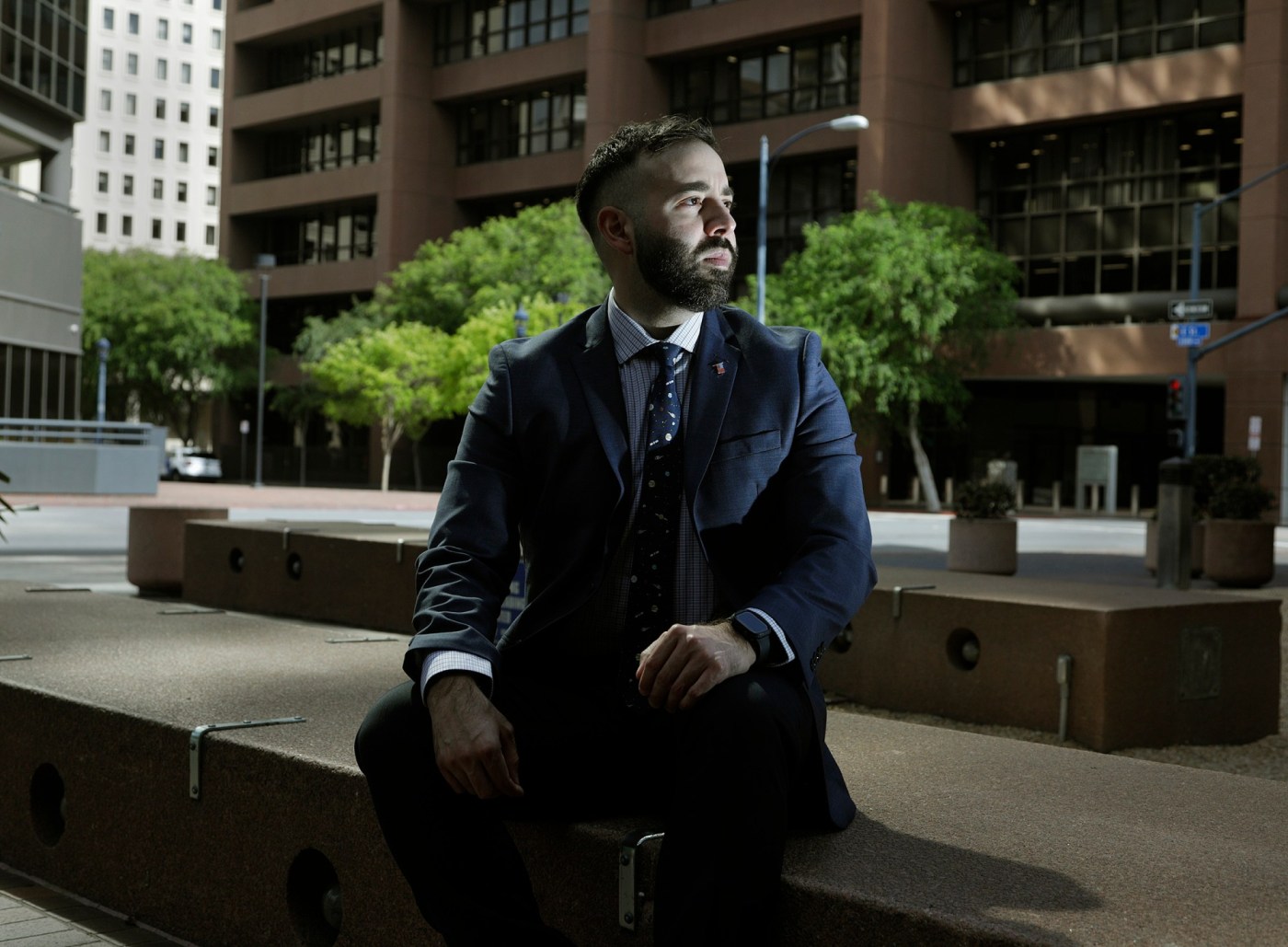
California immigration attorney and legal rep among U.S. citizens told to leave country
Two San Diegans who represent immigrants in court are among a number of other U.S. citizens nationwide who have recently reported receiving emails from the government telling them they must leave the country.
“It’s time for you to leave the United States,” reads the first line of emails sent by the U.S. Department of Homeland Security to at least two legal experts who work for a San Diego nonprofit that helps immigrants. Both emails were sent within minutes of each other on the night of April 10.
Related Articles
Charts show Bay Area Vietnamese population, education level and income
The things they’ll carry: San Jose’s Vietnamese on their next 50 years
Wife of US Coast Guard member arrested over expired visa after security check for military housing
Lawyers say that ICE has deported the mother of a baby and a 2-year-old who is a U.S. citizen
US judge temporarily stops west Texas immigrant deportations under Alien Enemies Act
Immigration attorneys in Massachusetts and Los Angeles, as well as a doctor in Connecticut, have also received immigration parole termination emails, despite being U.S. citizens, according to news reports around the country.
U.S. Customs and Border Protection, which is part of DHS, has acknowledged that some notices “may have been sent to unintended recipients.” But the notices have nonetheless stirred confusion and concern amid the Trump administration’s continuing crackdown on immigration.
“I thought it was weird,” said San Diego attorney Adam Peña, considering he was born in El Paso, Texas. He said his family immigrated to the U.S. more than a century ago. “I was a little stunned by it. Like, ‘Why would I get this?’”
CBP started issuing notices terminating parole to individuals who do not have permanent lawful status to remain in the country, including but not limited to asylum seekers who entered through the CBP One app process, a spokesperson said.
Those who followed the process, which was introduced under the Biden administration, were generally paroled into the United States while their cases were pending. More than 900,000 people secured an appointment through that process since it was put in place in January 2023.
“CBP used the known email addresses of the alien to send notifications,” the agency spokesperson said. “If a non-personal email — such as an American citizen contact — was provided by the alien, notices may have been sent to unintended recipients. CBP is monitoring communications and will address any issues on a case-by-case basis.”
Peña said he wasn’t overly concerned that he was in actual danger. “Because I know what I am — I’m a U.S. citizen,” he said.
But still, some doubt crept into his mind. Could he somehow be swept up in an immigration raid? Could he be detained?
“But I was just more frustrated by the recklessness, the carelessness, the disregard this government has for people,” Peña said.
Peña said he’s considering carrying his birth certificate and passport with him in the future, something his mother has urged him and his older brother to do.
“Now is probably a good time to start doing that, with more stories of U.S. citizens getting swept up without due process,” he said, citing the immigration arrest and detention of a U.S. citizen in Florida and President Donald Trump’s recent comments expressing a desire to deport U.S. citizens to Salvadoran prisons.
And he worries that because he received the email, he may be on some sort of government list or database now, particularly because his work puts him in frequent contact with Immigration and Customs Enforcement and other federal agencies, and because he describes himself as an outspoken advocate for immigrant rights.
‘I don’t want to be another error’
Aldo Martínez Gómez, an accredited representative in immigration court, was born in National City. Still, he received an email encouraging him to leave the country on his own because his supposed parole had expired.
“Do not attempt to remain in the United States — the federal government will find you. Please depart the United States immediately,” the email reads.
Even though he is a U.S. citizen, Martínez Gómez admitted that he had some concerns, given the current immigration climate. In Arizona and Florida, there have been some reported cases of American citizens being wrongfully detained.
“I don’t want to be another error,” he said.
But the first thing he asked when he read the notice was: “How did they get my email?”
He said that none of his clients asked for his email address to complete their paperwork. He also noted that while he helped clients who entered the country through CBP One, he met with them later, once they were already in the U.S. and after an email address had already been provided as part of the application.
He said it was worrying to see that the same thing had happened to others who shared his profession. Martínez Gómez considered it an act of intimidation.
The email appeared to be an automated message, and Martínez Gómez said he was confused and couldn’t respond to it to ask for clarification.
As a border resident, Martínez Gómez usually carries his U.S. passport card in case he needs to cross the border into Tijuana. Now, he also takes his birth certificate with him.


